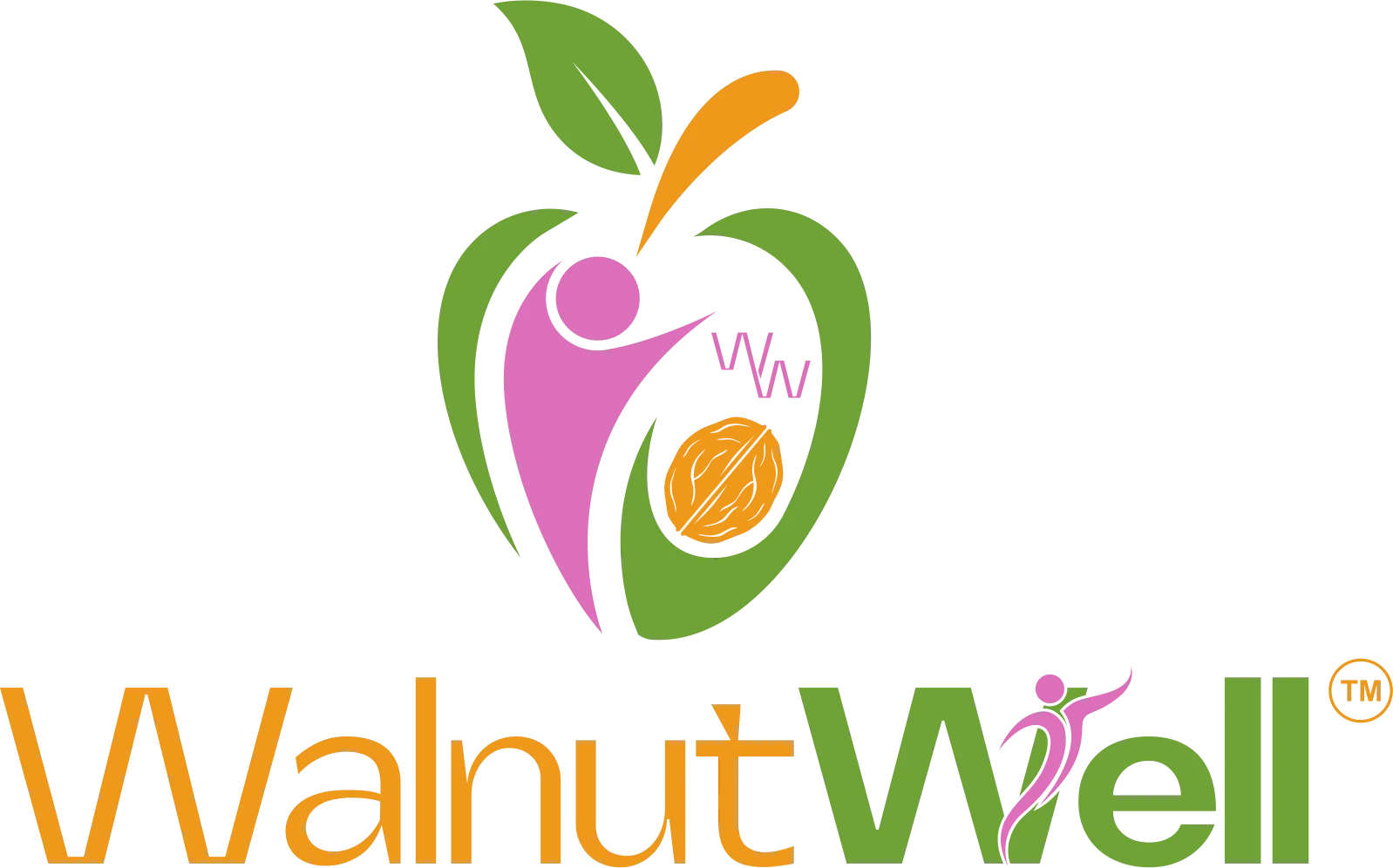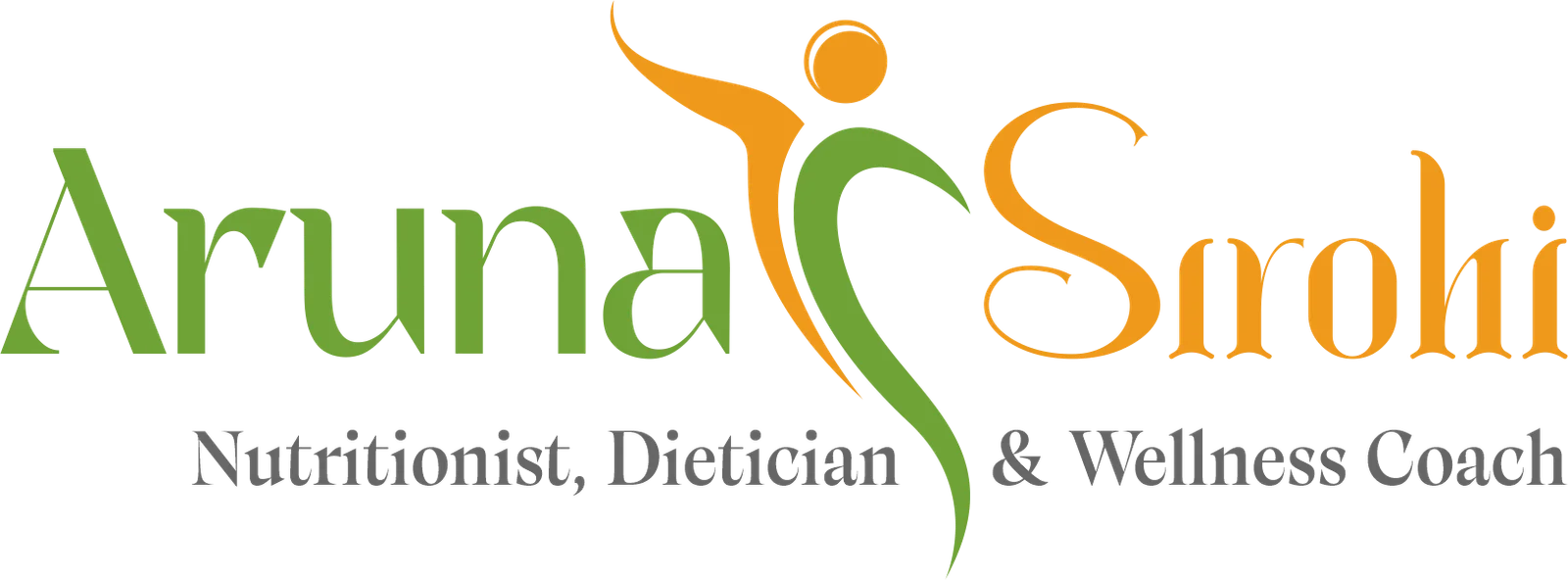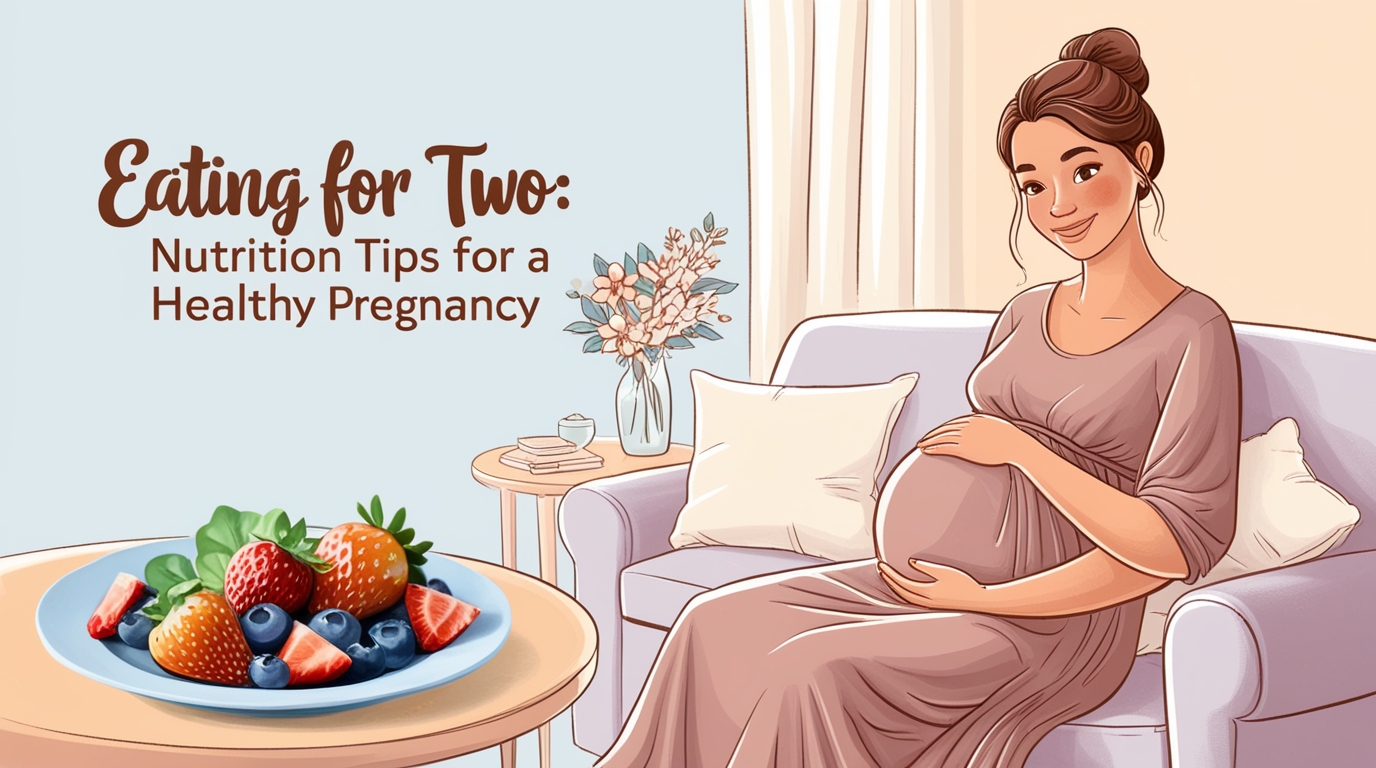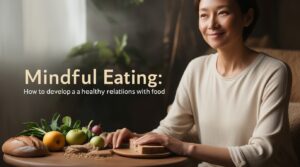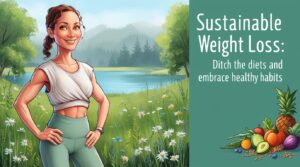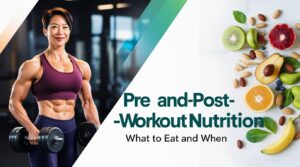When you’re pregnant, eating right is one of the best things you can do for yourself and the baby. The idea of “eating for two” doesn’t mean doubling the amount of food you eat, but it does mean choosing the right kinds of foods to give your baby the nutrients needed for healthy growth and development. Let’s explore some easy-to-follow nutrition tips for a healthy pregnancy.
Know more about how can make healthy choices for yourself and your little one.
Why Is Nutrition Important During Pregnancy?
The food you eat during pregnancy directly affects your baby’s growth and your own health. Eating a balanced, nutritious diet helps:
- Your baby develops properly.
- Reduce the risk of complications, like gestational diabetes or preeclampsia.
- Keep you feeling energized and strong.
Key Nutrients for a Healthy Pregnancy
There are certain nutrients that are especially important during pregnancy. Let’s look at the key ones you should focus on:
Folic Acid
Folic acid helps prevent birth defects in the baby’s brain and spine (called neural tube defects). It’s especially important in the first few weeks of pregnancy, even before you might know you’re pregnant.
- How much you need: 400-600 micrograms (mcg) daily.
- Sources: Leafy greens, oranges, beans, fortified cereals, and prenatal vitamins.
Iron
Iron is needed to make extra blood for your baby. During pregnancy, your blood volume increases, and iron helps prevent anemia, which can make you feel tired and weak.
- How much you need: 27 milligrams (mg) daily.
- Sources: Red meat, spinach, beans, and fortified cereals. Pair iron-rich foods with vitamin C (like oranges) to help absorb the iron better.
Calcium
Calcium is very important for building a baby’s bones and teeth. If you don’t get enough calcium, your body will take it from your bones, which can weaken them.
- How much you need: 1,000 milligrams (mg) daily.
- Sources: Dairy products like milk, cheese, and yogurt, or fortified plant-based milk like almond or soy milk.
Protein
Protein is essential for your baby’s growth, especially for their organs and tissues development.
- How much you need: 75-100 grams per day.
- Sources: Lean meats, nuts, beans, eggs, and dairy products.
Omega-3 Fatty Acids
Omega-3s, especially DHA, are crucial for your baby’s brain and eye development.
- How much you need: 200-300 milligrams of DHA daily.
- Sources: Fatty fish like salmon, sardines, and trout, as well as flaxseeds and chia seeds.
How Many Extra Calories Do You Need?
You don’t need to eat twice as much food when you’re pregnant, but your calorie needs will increase as your baby grows, especially in the second and third trimesters.
- First trimester: No extra calories needed.
- Second trimester: You need about 300 extra calories per day.
- Third trimester: You need about 450 extra calories per day.
These extra calories should come from nutrient-rich foods, not from empty calories like sweets and junk food.
What to Eat During Pregnancy
Fruits and Vegetables
Aim to fill half your plate with fruits and vegetables in every meal. They provide essential vitamins and minerals like vitamins A and C, as well as fiber to help with digestion.
- Examples: Berries, oranges, spinach, carrots, and sweet potatoes.
Whole Grains
Whole grains like brown rice, oats, and whole wheat bread provide fiber and energy to keep you feeling full longer. They also contain important nutrients like iron and B vitamins.
- Examples: Quinoa, whole grain pasta, and oatmeal.
Lean Protein
Protein is important during pregnancy for the baby’s growth and development. Choose lean sources of protein to support your health.
- Examples: Chicken, turkey, eggs, tofu, and beans.
Dairy Products
Dairy products are a great source of calcium, protein, and vitamin D, all of which are important for your baby’s growth.
- Examples: Milk, yogurt, and cheese. If you’re lactose intolerant, try lactose-free milk or plant-based milk fortified with calcium.
Healthy Fats
Healthy fats, especially omega-3s, are important for your baby’s brain development.
- Examples: Avocados,seeds, nuts, and fatty fish like salmon.
Foods to Avoid or Limit
While most foods are safe during pregnancy, there are some you should avoid or limit to keep your baby safe and healthy.
Raw or Undercooked Foods
Avoid raw fish (like sushi), undercooked meat, and eggs to reduce the risk of foodborne illnesses, which can be harmful to both you and your baby.
High-Mercury Fish
Certain fish, like swordfish and shark, contain high levels of mercury, which can harm your baby’s developing nervous system. Stick to low-mercury fish like salmon and shrimp, and limit your fish intake to 2-3 servings per week.
Caffeine
Too much caffeine increases the risk of miscarriage or low birth weight. It’s best to limit your caffeine intake to not more than 200 milligrams per day, which is about one 12-ounce cup of coffee.
Alcohol
There is no safe amount of alcohol that you can consume during pregnancy. Drinking alcohol can cause serious developmental issues for your baby, so it’s best to avoid it entirely.
Dealing with Pregnancy Cravings and Nausea
It’s common to have food cravings and aversions during pregnancy. While it’s okay to give in to cravings occasionally, try to choose healthier options most of the time. For example, if you’re craving something sweet, go for fruit instead of candy.
Nausea is also common, especially in the first trimester. Eating smaller, frequent meals can help manage nausea. Choose bland, easy-to-digest foods like crackers or toast. Ginger tea or peppermint can also help soothe an upset stomach.
Stay Hydrated
Drinking enough water is important for your health and your baby’s development. Water helps with digestion, keeps you hydrated, and supports the increase in your blood volume during pregnancy.
Conclusion
Eating well during pregnancy is one of the most important things you can do for your baby’s health and your own. Focus on a balanced diet which is rich in fruits, vegetables, whole grains, lean proteins, and healthy fats. Avoid foods that could harm your baby, such as raw fish, high-mercury seafood, and alcohol. Staying hydrated and managing cravings and nausea with healthy options can also make your pregnancy easier. By following these simple tips, you’ll be supporting a healthy pregnancy for you and your baby.
